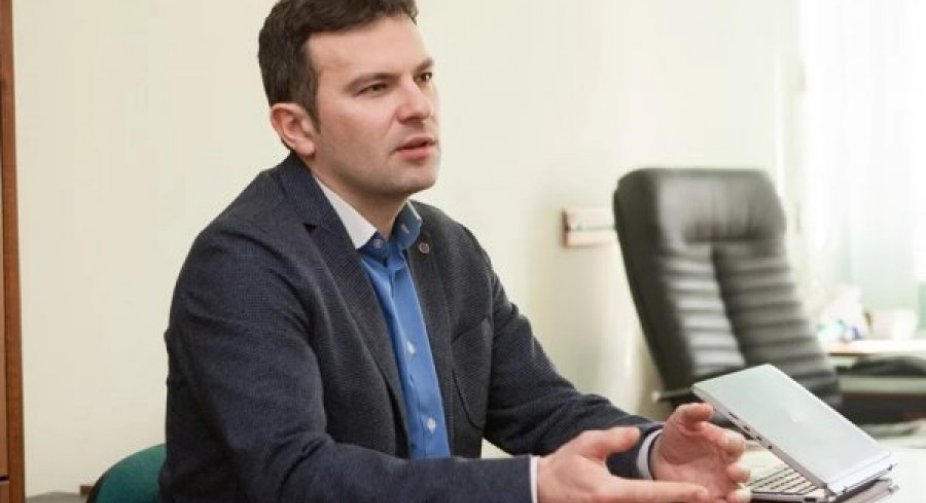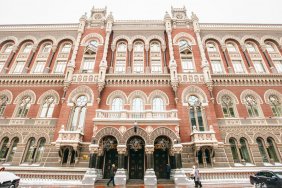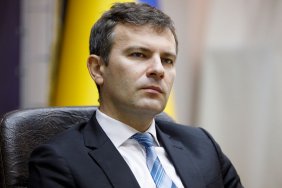The National Bank of Ukraine believes that it is premature to abandon the fixed hryvnia-dollar exchange rate. Return to a floating exchange rate is not an end in itself. This was stated in an interview with the deputy head of the NBU Serhiy Mykolaychuk to the Interfax-Ukraine news agency.
"Now we see more benefits from fixing the exchange rate than from another regime. If the situation changes, we will change our exchange rate policy. But for now we consider such steps inexpedient," he said.
Mykolaychuk added that changes in the NBU monetary and exchange rate policy are very dependent on the macroeconomic scenario for the country.
"If we talk about how long we'll keep a fixed rate, the answer is very simple: as long as we see that the benefits of this fixation exceeds the disadvantages of this exchange rate regime," he said.
He noted that the National Bank wants to return to a flexible, floating exchange rate, but this is not an end in itself, and certain prerequisites must be created for this, one of which is a more self-balancing currency market.
"We have to re-establish the action of monetary transmission as well, because letting the exchange rate go without being able to influence it with the interest rate would not be a very deliberate decision," Nikolaychuk added.
According to him, infrequent but large steps are essentially an attempt to even out imbalances.
"Short, but more frequent steps are more appropriate for a situation where the market is almost, but not quite ready for a floating exchange rate. Accordingly, the central bank in this situation will try to find a new equilibrium point where the market itself is balanced. And then the rate will float in the pre-war format," he said.






